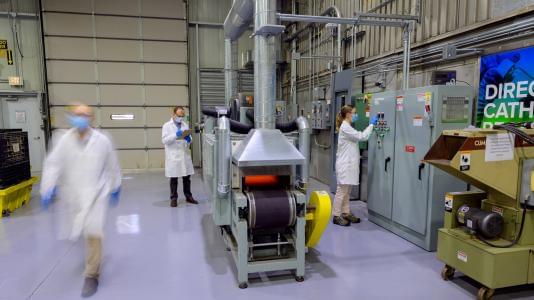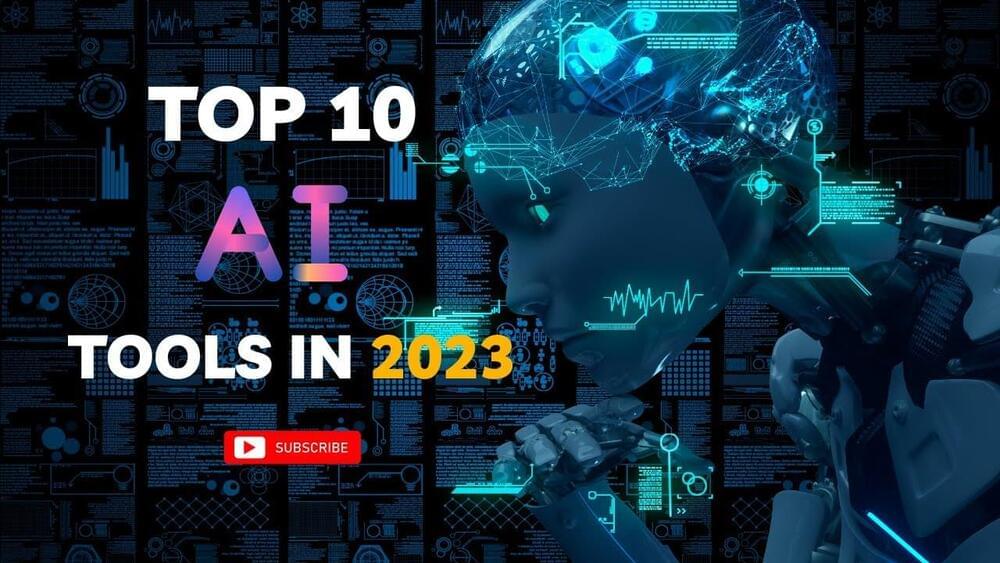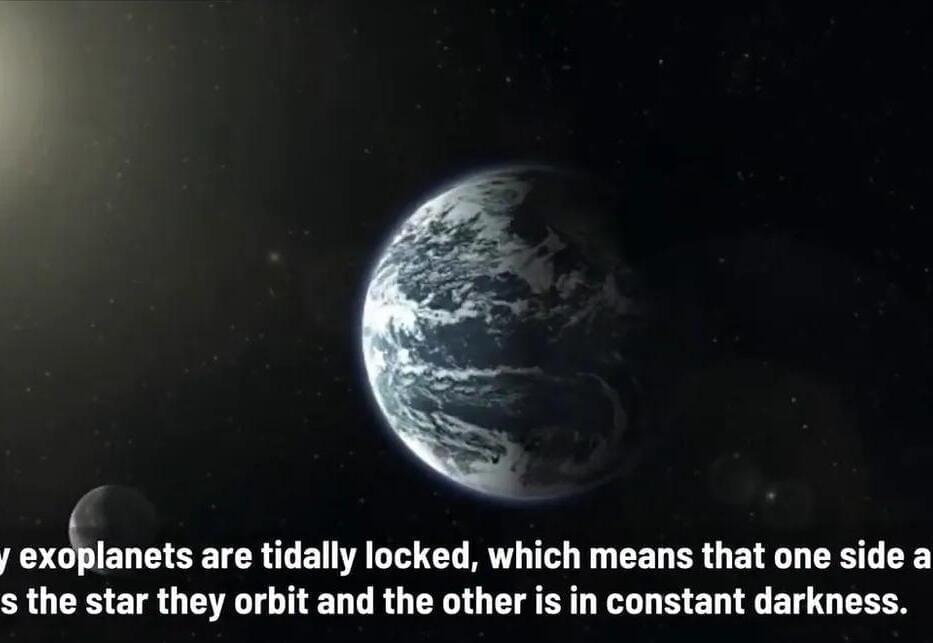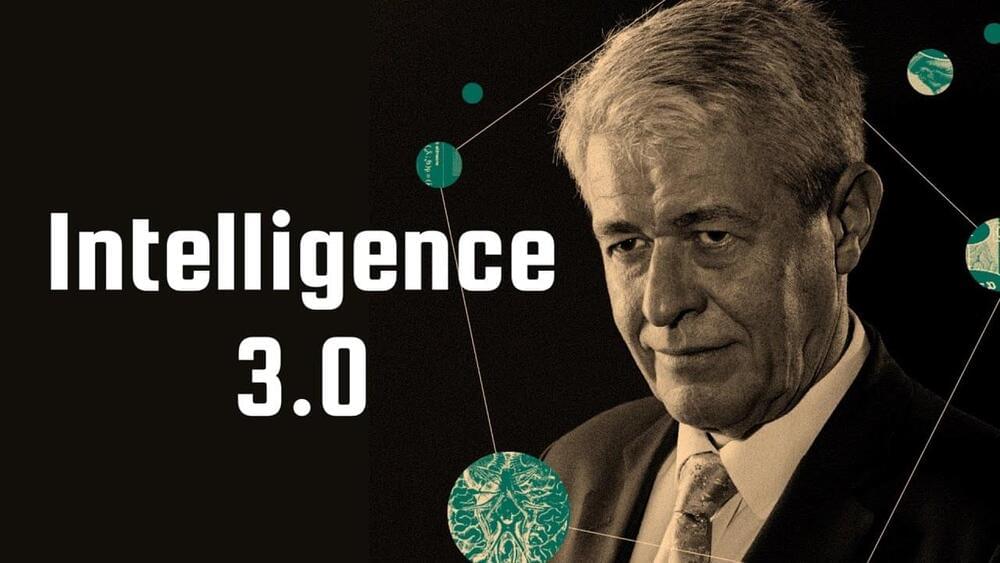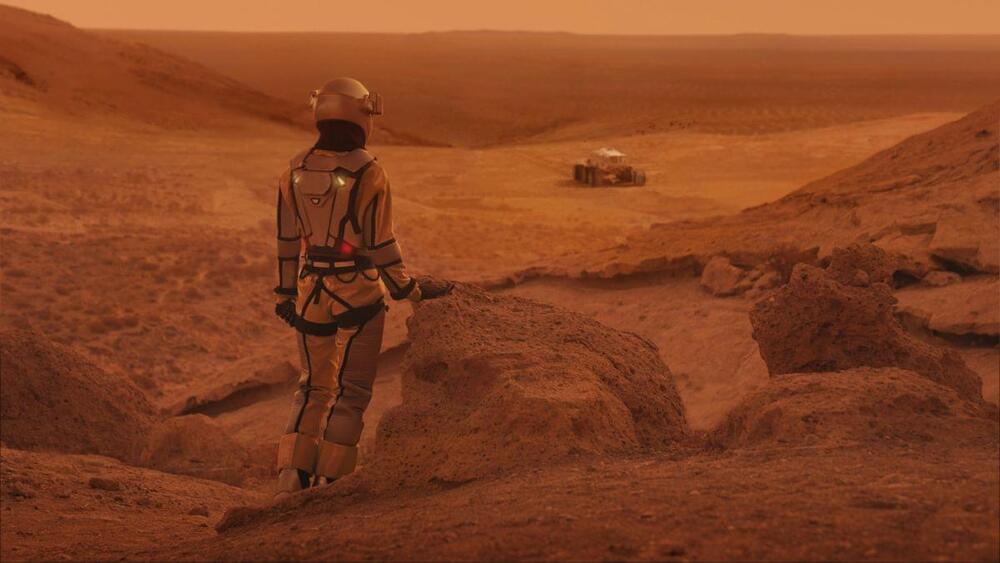
2.7 billion light years away, in a galaxy cluster known as Abell 1,201, an ultramassive black hole lurks, measuring upwards of 32.7 billion times the mass of our Sun. This new measurement exceeds astronomers’ previous estimates by at least 7 billion solar masses. It’s one of the biggest black holes astronomers have ever detected and cuts close to how large we believe they can be.
Our universe is filled with black holes, including the supermassive black holes found in the center of galaxies throughout all the regions of space around us. Many of these are inactive, not excreting material that causes them to light up, making them easier to detect. Others are rogue black holes, roaming through space however they please. Others still are ultramassive black holes.
These black holes are much bigger than supermassive black holes like those found at the center of galaxies. And, because they’re so massive – and contain so much mass – they should theoretically be easier to find. However, as I noted above, it all depends on how active the black hole is and how much heat it emits. That’s because, by default, ultramassive black holes (and black holes overall) don’t emit light.

